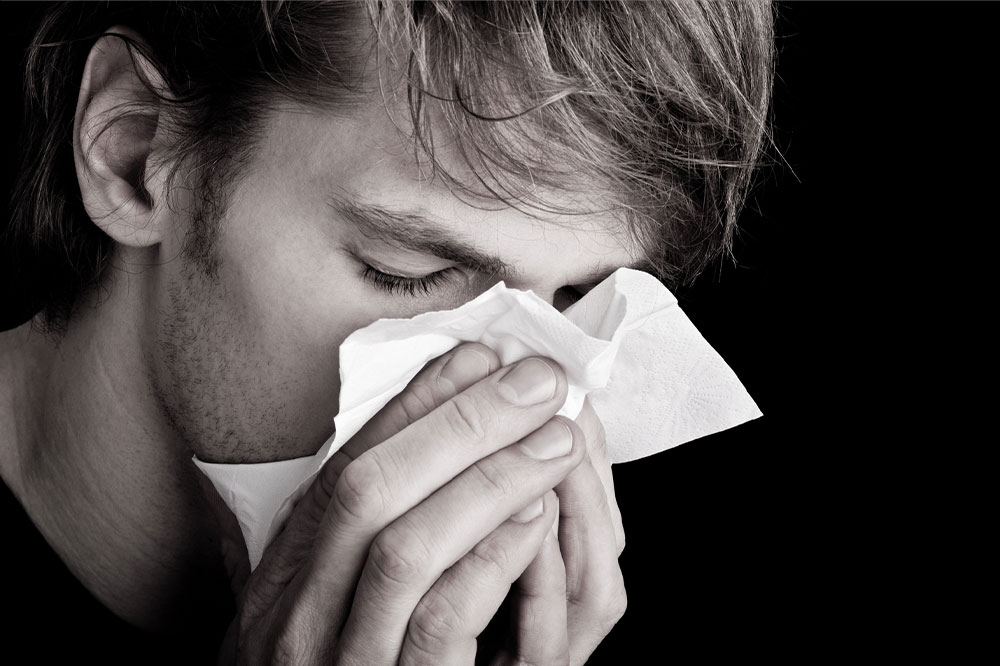
Causes, symptoms, and management of avian flu
Avian flu is an infectious disease that has been a cause for concern due to its ability to spread quickly and result in serious health problems. Fortunately, with the right information and precautions, you can reduce your risk of contracting avian flu and protect yourself and those around you from this severe infectious disease. Read on to learn vital factors about avian flu, including its symptoms, prevention measures, and treatment options.
What is avian flu?
Avian flu, also known as avian influenza, is an infectious disease affecting birds. It can be caused by several different viruses, most commonly being influenza A subtypes H5N1 and H7N9. Avian flu viruses are mainly found in wild waterfowl but can sometimes spread to other types of birds, such as chickens and turkeys. Avian flu viruses are highly contagious and can spread quickly. In rare cases, avian flu has been known to spread to humans, resulting in severe illness.
How do humans get avian flu?
Humans can contract avian flu, also known as bird flu, in several ways. The most common way humans become infected is through contact with an infected bird. This can include touching infected poultry or objects that have been contaminated. In some cases, humans may also become infected by inhaling aerosolized particles from bird feces.
Although rare, human-to-human transmission of avian flu is possible, particularly among close contacts such as family members and healthcare workers. The virus can spread through saliva, mucous, and other respiratory secretions when an infected person coughs or sneezes. Notably, the risk of contracting avian flu from properly cooked poultry is low. Properly cooked poultry meat contains no live viruses and is safe to eat.
Symptoms of avian flu in humans
Avian flu is a contagious form of influenza that infects birds, including poultry such as chickens and ducks. It can be passed to humans, and it is crucial to be aware of the symptoms of avian flu in humans so that immediate professional help can be sought if necessary. The symptoms of avian flu found in humans include:
Muscle aches
Shortness of breath
Sore throat
Runny or stuffy nose
Diagnosis of avian flu
Diagnosing avian flu in humans is complex and challenging, as the symptoms may be similar to those of other diseases. It is crucial to obtain an accurate diagnosis as soon as possible to start appropriate treatment.
A doctor will usually ask about the individual’s overall health history and perform a physical examination, looking for signs of an infection such as a fever, cough, or difficulty breathing. They may also order tests to check for the presence of the virus. Tests that may be used to diagnose avian flu include nasal and throat swabs, blood tests, or a test on a sputum sample.
Testing for other types of flu or other illnesses, such as pneumonia, is also essential. If a doctor suspects avian flu, they may order additional tests, such as an antibody or PCR test, to confirm the diagnosis. Antibody tests look for antibodies that the body produces to fight off the virus, while a PCR test looks for the genetic material of the virus itself.
Once a diagnosis has been made, a doctor can provide advice and support on the best course of treatment. In some cases, antiviral supplements may be prescribed to reduce the severity of symptoms and prevent further complications.
Treatment for avian flu
Various treatments and remedies can be used to manage symptoms, reduce the severity of the illness, and prevent complications. Some of these treatments include:
Staying hydrated
Drinking lots of fluids, such as water and juice, can help prevent dehydration.
Antiviral supplements
Certain antiviral supplements may be prescribed to shorten the duration of symptoms and reduce the risk of developing serious complications.
Oxygen therapy
Supplement oxygen may be necessary if difficulty breathing occurs.
Antibiotics
Antibiotics may be prescribed to help fight any secondary bacterial infections that develop.
The treatment plan for avian flu will depend on the severity of the illness. Early diagnosis and treatment can help reduce the risk of serious complications.
Prevention of avian flu
There are several ways to reduce your risk of catching avian flu, including:
Avoid contact with wild birds or poultry, mainly if you live in an area with confirmed cases of avian flu.
If you handle birds or poultry, wear protective clothing, such as a mask, long sleeves, and gloves.
Wash your hands thoroughly after touching birds or poultry.
Do not eat raw poultry or eggs.
Avoid areas where sick birds have been found.
Vaccinate poultry flocks against avian flu.
Clean and disinfect any equipment used in poultry production.
Practice good hygiene habits.
By following these guidelines, you can help reduce your risk of catching the avian flu and help protect yourself and your family.




